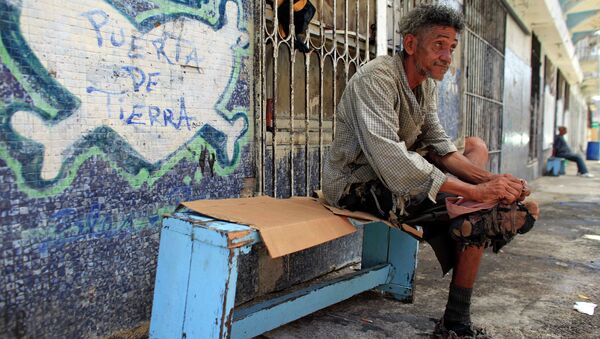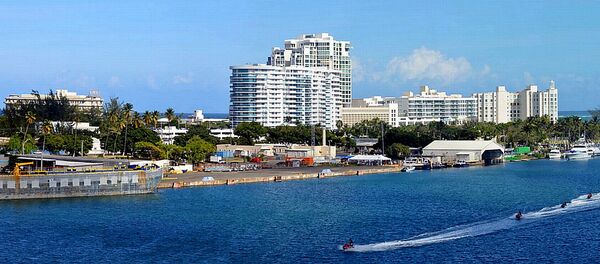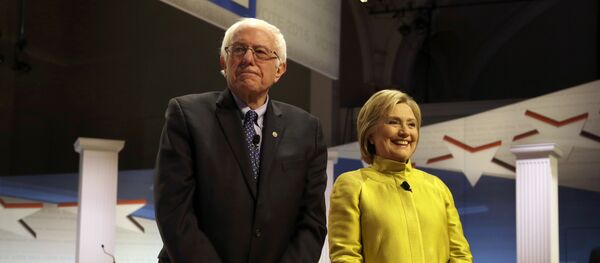WASHINGTON (Sputnik) — Hundreds of Puerto Ricans took to the streets earlier this week demanding independence from the United States ahead of a visit by a UN decolonization committee.
"The colonial condition of the Island of Puerto Rico, first subject of the Spanish empire until 1898 and from this date to the United States, has curtailed the development of a strong economy," Universidad Metropolitana in Cupey professor Hugo Viera-Vargas told Sputnik on Thursday.
If it achieves independence, Puerto Rico could make its own political, social and economic decisions based on the island’s own interests and the needs of its people, Viera-Vargas noted.
"Since the [US] military occupation of 1898 Puerto Rico became a colony of the United States where, by effect of the treaty of Paris, all economic and political colonial policies gravitate around the interests of the new colonial power."
Gaining independence would also grant Puerto Rico with international recognition and political power to establish its own trade relations with other countries, the professor suggested.
The island would be afforded international mechanisms to negotiate constitutional debt without putting in jeopardy democratic principles, education and the health of thousands of Puerto Ricans, Viera-Vargas pointed out.
The United Nations, he added, has denounced the colonial status of Puerto Rico on 33 occasions, but the committee has agreed to serve as an interlocutor between Washington and San Juan on the issue of independence.
University of Illinois Professor of International Law Francis Boyle told Sputnik it was time for the United States to free Puerto Rico. Boyle also claimed that a committee was planning a massive campaign of peaceful, non-violent civil resistance to achieve that end.
"The objective will be to render Puerto Rico ungovernable" by the Americans and their Puerto Rican surrogates, Boyle argued, adding that at such a point the United States will have to leave Puerto Rico.
The US constitution, according to Boyle’s statement, claims Puerto Rico is nothing more than a territory akin to a piece of property, which is a violation of international law.
Boyle claimed such an approach proves the elemental criminality of US colonial imperialism against Puerto Rico and Puerto Ricans that seeks to quench "thirst for profits."
In August 2015, Puerto Rico defaulted on its $73 billion debt, and defaulted again on May 11 when it missed a $422 million payment. The US territory has since been beset by financial problems that affect basic services as well as economic growth.



